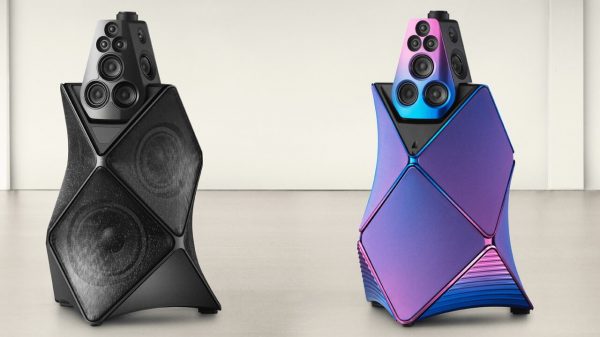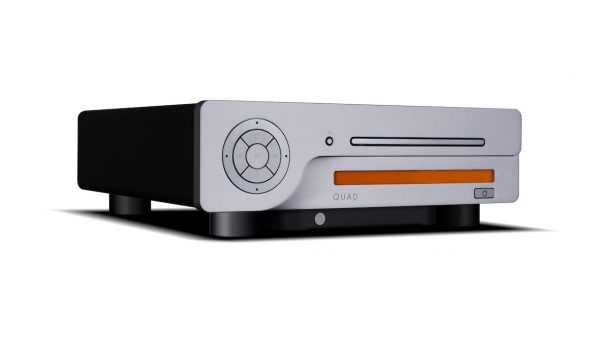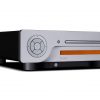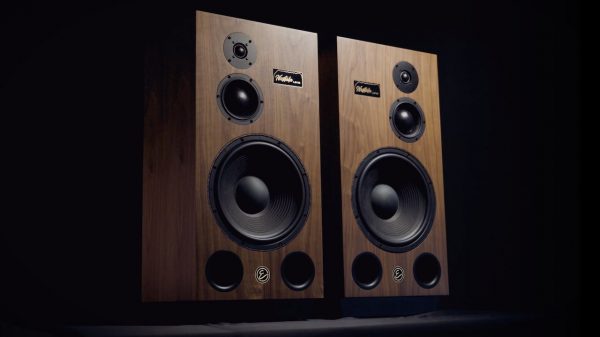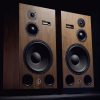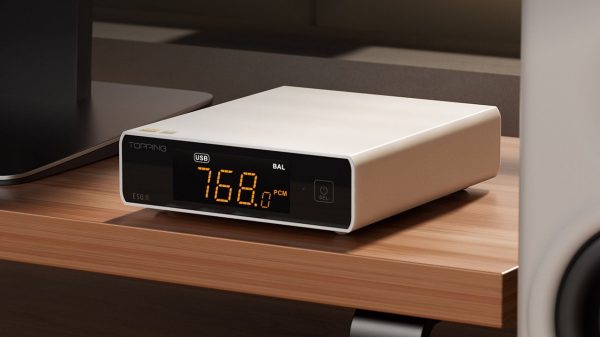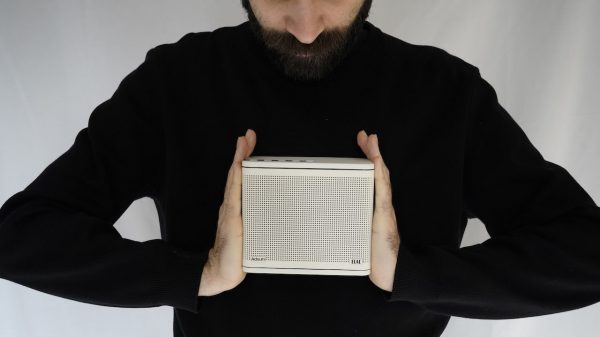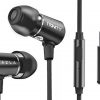Argues Single Standard Needed to Provide Marketplace Certainty and Drive Long-Term Success
Arlington, Virginia, 7/20/2005 — In a filing with the Federal Communications Commission (FCC), the Consumer Electronics Association (CEA) urged the FCC to adopt a single standard set by the National Radio Systems Committee (NRSC) for In-Band/On-Channel Digital Radio Broadcasting (IBOC Digital Radio). The specified technical parameters of the NRSC-5 standard will provide the needed confidence to receiver manufacturers, broadcasters and consumers to invest in IBOC digital radio, ensuring its long-term success.
“CEA is enthusiastic about the progress and success of digital radio,” said CEA President and CEO Gary Shapiro. “To continue this growth, the Commission must specify the technical parameters of the IBOC digital radio signal in order for all receiver manufacturers to have confidence that the equipment they build will work for anyone listening to IBOC digital radio anywhere in the country.
CEA added that, the Commission should allow permanent authorization for multiple audio streams in its adoption of the IBOC digital radio standard. The ability to transmit multiple audio streams over a single channel will enable broadcasters to greatly enhance their service to the public. Multicasting and datacasting will help fuel the demand for IBOC digital radio receivers.
“CEA urges the Commission to immediately provide permanent authorization for multicasting and datacasting and to incorporate NRSC-5 into its rules,” concluded Shapiro. “We know a single IBOC digital radio standard will provide companies with the confidence needed to succeed in the market.”
CEA leads technology manufacturers in fostering CE industry growth by developing industry standards and technical specifications that enable new products to come to market and encourage interoperability with existing devices. CEA maintains an unmatched reputation as a credible and flexible standards making body and has earned ANSI accreditation. Through more than 70 committees, subcommittees and working groups, the CEA Technology and Standards program provides a unique and efficient forum where technical professionals throughout the industry develop a unified technology roadmap and address technical issues critical to CE industry growth. For information about CEA Technology and Standards, visit www.ce.org/standards.
About CEA:
The Consumer Electronics Association (CEA) is the preeminent trade association promoting growth in the consumer technology industry through technology policy, events, research, promotion and the fostering of business and strategic relationships. CEA represents more than 2,000 corporate members involved in the design, development, manufacturing, distribution and integration of audio, video, mobile electronics, wireless and landline communications, information technology, home networking, multimedia and accessory products, as well as related services that are sold through consumer channels. Combined, CEA’s members account for more than $121 billion in annual sales. CEA’s resources are available online at www.CE.org, the definitive source for information about the consumer electronics industry.
CEA also sponsors and manages the International CES – Defining Tomorrow’s Technology. All profits from CES are reinvested into industry services, including technical training and education, industry promotion, engineering standards development, market research and legislative advocacy.

